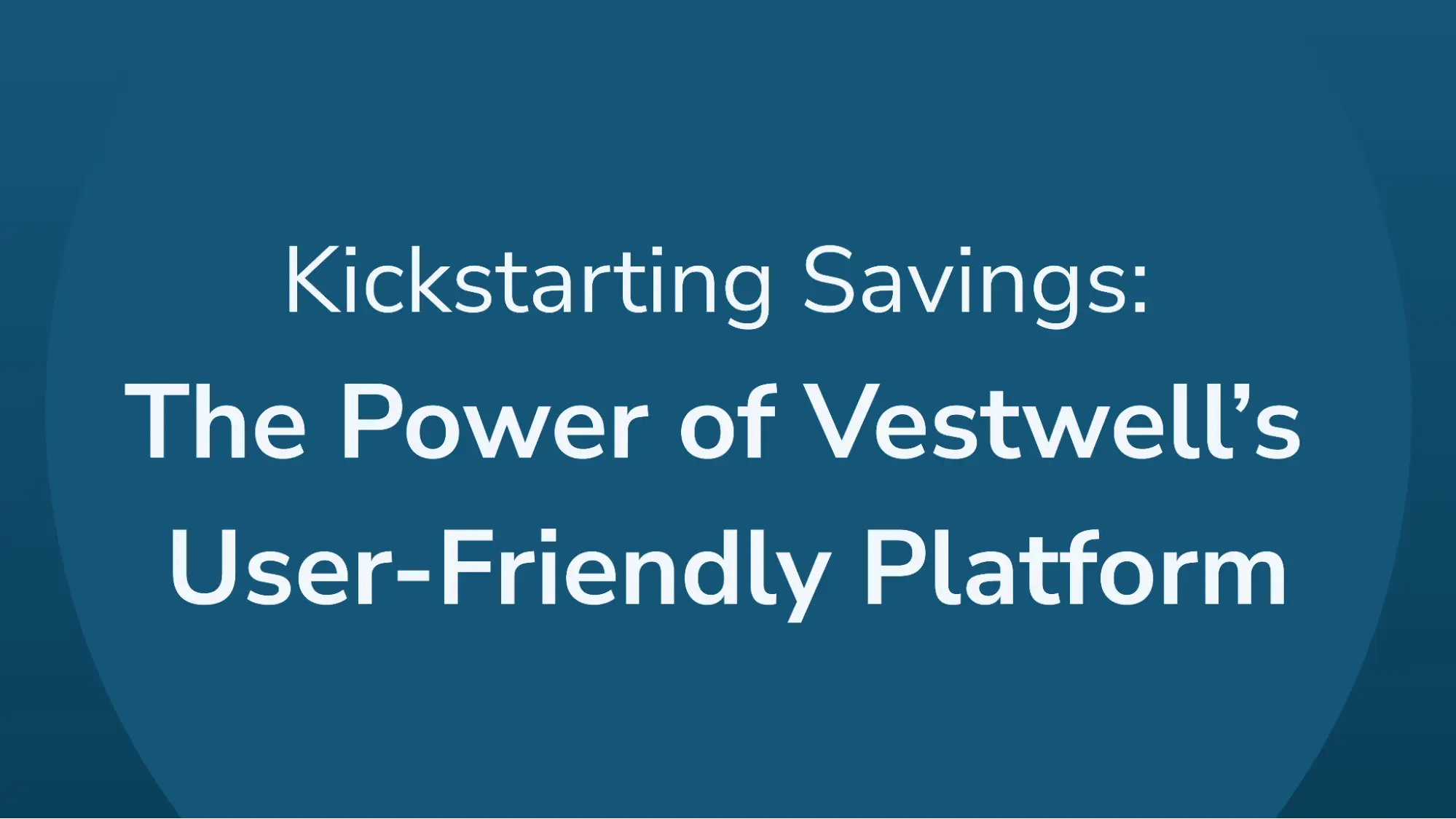ESG Offerings Benefit Both Investors and Providers

ESG Offerings Benefit Both Investors and Providers
As Environmental, Social, and Governance (ESG) investing becomes more popular, the wealth management and 401(k) industry is taking notice.
In fact, more than $1 of every $5 invested in the U.S., a total of $8.72 trillion, goes to socially responsible investing (SRI). And in 2017, 75% of investors—and a whopping 86% of millennials—were interested in sustainable investing.
While the opportunity to invest in companies that align with an investor’s ethical standards, beliefs, and values sounds appealing, the ultimate question is whether ESG is good for the investors and funds involved.
We believe it is, and here’s why.
Good for Investors: ESG Investments Perform Competitively
ESG-screened investments perform as well as their non-screened peers 90% of the time, according to more than 2,000 academic studies of ESG performance.
These investments can reflect the values of those who are passionate toward issues such as environmental conservation, gender equality, gun control, and social justice.
A 2015 study also found that over a 10-year period, companies with the highest ESG scores (those that focused on ESG issues most important to their businesses) more than doubled the performance of those with lower ESG scores.
With such results, investors can be optimistic about the positive impact such investments may have not only toward their supported causes and companies but also toward their financial portfolios.

Good for the Industry: Attract More Investors and Business
SRI funds may also offer advisors and plan sponsors an advantage in competitive markets.
In fact, in 2021, 34% of financial advisors were using ESG funds with their clients, reflecting a growing recognition of the importance of sustainable investing.
And according to a 2022 survey, 82% of Gen Z and approximately two-thirds of millennials have shown exposure to ESG investments, indicating a strong preference for sustainable and socially responsible investment choices among these younger demographics.
A 2022 U.S. Retirement Survey revealed that among participants in defined contribution plans who either don't have access to ESG investment options or are unsure about their availability, 74% indicated they would consider increasing their contributions if such options were made available.
Plan sponsors who offer such options can appeal to an increasing number of socially engaged employees.
The DOL Looks Well Upon SRI in Retirement Portfolios
In its latest Field Assistance Bulletin, the Department of Labor (DOL) confirmed that defined contribution plans can include SRI options, as long as they perform as well and cost no more than traditional unscreened investment options.
Plans can even include ESG-screened target date funds as qualified default investment assets (QDIAs), as long as they don’t have lower-return or higher-risk potential than comparable non-ESG alternatives.
The Tipping Point
Increasing demand, competitive performance, and the DOL support combine to make SRI funds more attractive than ever for plan sponsors and participants. It’s time for fund managers to consider offering ESG target date funds and ESG exclusive retirement plan options and platforms.








